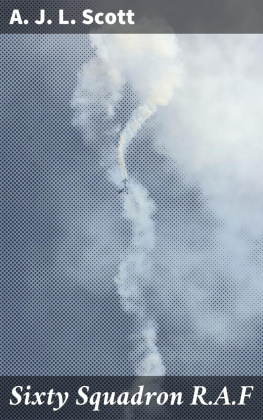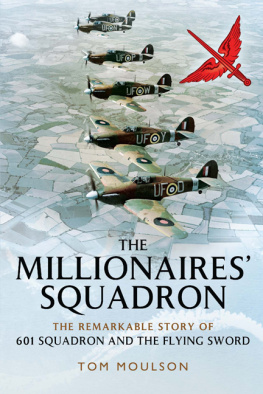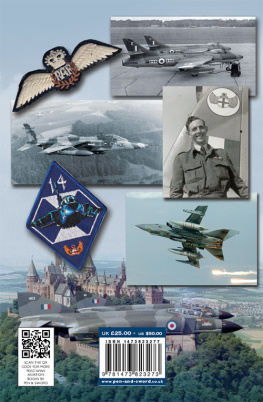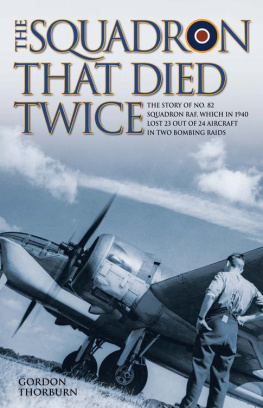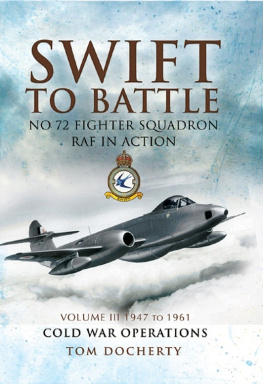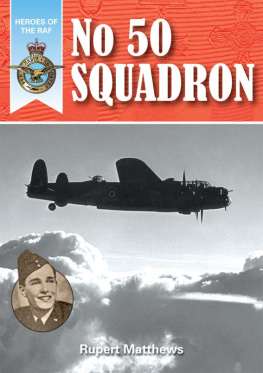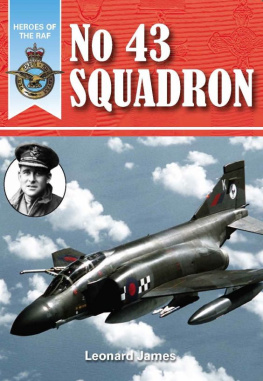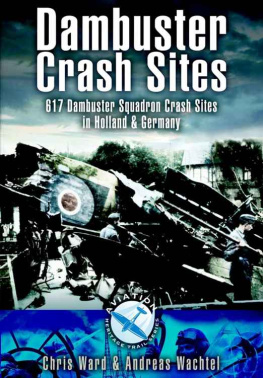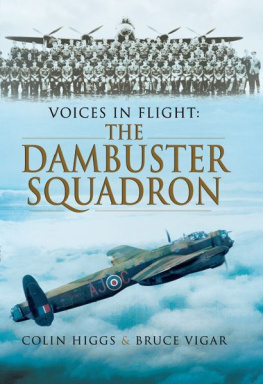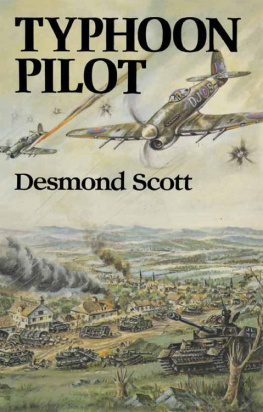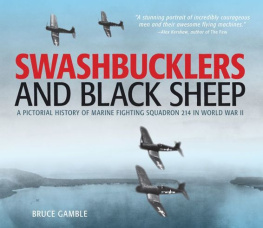PREFACE
Table of Contents
This book tells the story of Squadron No. 60 of the Royal Flying Corps, afterwards of the Royal Air Force.
When the war began, in August 1914, the Royal Flying Corps was a very small body which sent four squadrons on active service and had a rudimentary training organisation at home. In those days the only functions contemplated for an airman were reconnaissance and occasionally bombing. Fighting in the air was almost unknown. The aeroplanes were just flying machines of different types, but intended to perform substantially the same functions. Gradually as the war continued specialisation developed. Fighting in the air began, machine guns being mounted for the purpose in the aeroplanes. Then some aeroplanes were designed particularly for reconnaissance, some particularly for fighting, some for bombing, and so on. It was in the early part of this period of specialisation that Squadron No. 60 was embodied. And, as this narrative tells us, its main work was fighting in the air. It was equipped for the most part with aeroplanes which were called scoutsnot very felicitously, since a scout suggests rather reconnaissance than combat. These machines carried only one man, were fast, easy to manuvre, and quick in responding to control. They were armed with one or two machine guns, and they engaged in a form of warfare new in the history of the world, and the most thrilling that can be imaginedfor each man fought with his own hand, trusting wholly to his own skill, and that not on his own element, but in outrage of nature, high in the air, surrounded only by the winds and clouds.
The embodiment of the fighting scout squadrons was part of the expansion and organisation of what became the Royal Air Force. Among all the achievements of the war there has been, perhaps, nothing more wonderful than the development of the Royal Flying Corps and the Royal Naval Air Service, and their amalgamation in the great Royal Air Force which fought through the last year of the war. When the war opened, the Royal Flying Corps and the Royal Naval Air Service were bodies of few units, ancillary to the Army and the Navy, of which the control was in the hands of the Army Council and the Board of Admiralty. It was not realised that warfare in the air was a new and distinct type of warfare. Generals who would have laughed at the idea of commanding a fleet, Admirals who would have shrunk from the leadership of an army corps, were quite unconscious of their unfitness to deal with the problems of aerial war. Every step, therefore, of the organisation and expansion of the flying services had to be conducted under the final control of bodies, kindly and sympathetic indeed, but necessarily ignorant. That the Royal Flying Corps attained to its famous efficiency and was expanded more than a hundredfold should earn unforgetting praise for those who were responsible for leading and developing it. The country owes a great debt, which has not, perhaps, been sufficiently recognised, to Sir David Henderson, whose rare gifts of quick intelligence and ready resource must have been taxed to the utmost in his dual position as head of the Flying Corps and member of the Army Council; to Sir Sefton Brancker, who worked under him in the War Office; and to Sir Hugh Trenchard, who, from the date that Sir David Henderson came back from France to that of the amalgamation of the flying services in the Royal Air Force, was in command in France. It was the administrative skill of these distinguished men that stood behind the work of the squadrons and made possible their fighting or bombing or reconnaissance. And this background of administrative skill and resource must not be forgotten or suffered to be quite outshone by the brilliant gallantry of the pilots and observers.
But in this book we read, not of the organisation of the Flying Corps or the Air Force, but of the actual work done in the field. We catch glimpses, indeed, of the expansion and organisation which was going on, in the mention of new armament, new machines, new units; and we are able to gauge the importance of the work done at home and at Headquarters in France by the effect produced on the fighting capacity of Squadron No. 60. For example, we hear how machines supplied from France at one point proved untrustworthy in structure, and how the fault was detected and put right. But in the main attention is concentrated on the thrilling story of the achievements of No. 60 against the enemy. I think every reader will agree that he has seldom known a story more moving to the imagination. Many people even now feel apprehensive at flying at all, although familiarity has produced a juster estimate of the degree of risk attending that operation than used to prevail. But to fly and fight, to sit alone in an aeroplane thousands of feet above the ground, to catch sight of an enemy, to go to attack him, flying faster than an express train moves, to venture as near as may be dared, knowing that the slightest collision will cast both helpless to the ground, to dodge and dive and turn and spin, to hide in clouds or in the dazzle of the sun, to fire a machine gun while not losing mastery of the control and rudder of ones aeroplane, to notice the enemys bullets striking here and there on ones machine, and know that if a bullet hits the engine it means either death or a precarious landing and captivity, and if a bullet hits the petrol tank it means being burned alive in the air, and yet to fight on and, escaping, go forth afresh next daysurely to read of this is to realise with new and penetrating force the stupendous measure of what human skill can do and human courage dare.
The picturesque effect of the fighting is enhanced by the security and comfort in which the pilots rested when they were not in the air, and from which they went up day by day to their terrific duties. Anyone who visited the Flying Corps while the war was going on must have been struck by this poignant contrast. The visitor saw a comfortable mess and billets, roughly organised indeed, but for young men in the height of their strength a pleasant place to live in. Good food and drink, cigarettes to smoke, newspapers to read, and all the fun and merriment that are natural to a group of young men between eighteen and thirty years old. And for most of such squadrons the surroundings seemed peaceful: around were the smiling, highly-cultivated fields of Franceperhaps the most evidently civilised country in the worldwith nothing to witness of war except the distant booming of its guns. Yet from this abode of youth and ease and joy the dwellers went forth into the abyss of the air, to face danger at which imagination quails and of the reality of which they were grimly reminded by missing week by week some familiar face, gone for ever from their circle. This was what was done and felt by Squadron No. 60, and here is the story of it.
I am sure this book will interest those who read it, but I would have it do something more. Even already the memory of the war is beginning to fade. And it is happy that it should: may its orgy of hate and blood pass from our minds as from our lives! Yet, while the healing, deadening waters of oblivion are only drawing near, let us save from them with careful hands some jewelled memories, that by them we may be profited; and, amongst them, this of the men of No. 60, who fought a new warfare with old but unsurpassed courage and found the way of glory among the untrodden paths of air. Many died and many suffered, but they bought for us the unpriced treasure of their example. This is like sunshine to us, giving us life and killing all diseases of the soul. Let us, then, read these pages that we may learn from our hearts to honour the fighting airmen of No. 60, and grow ourselves in honour as we read.


